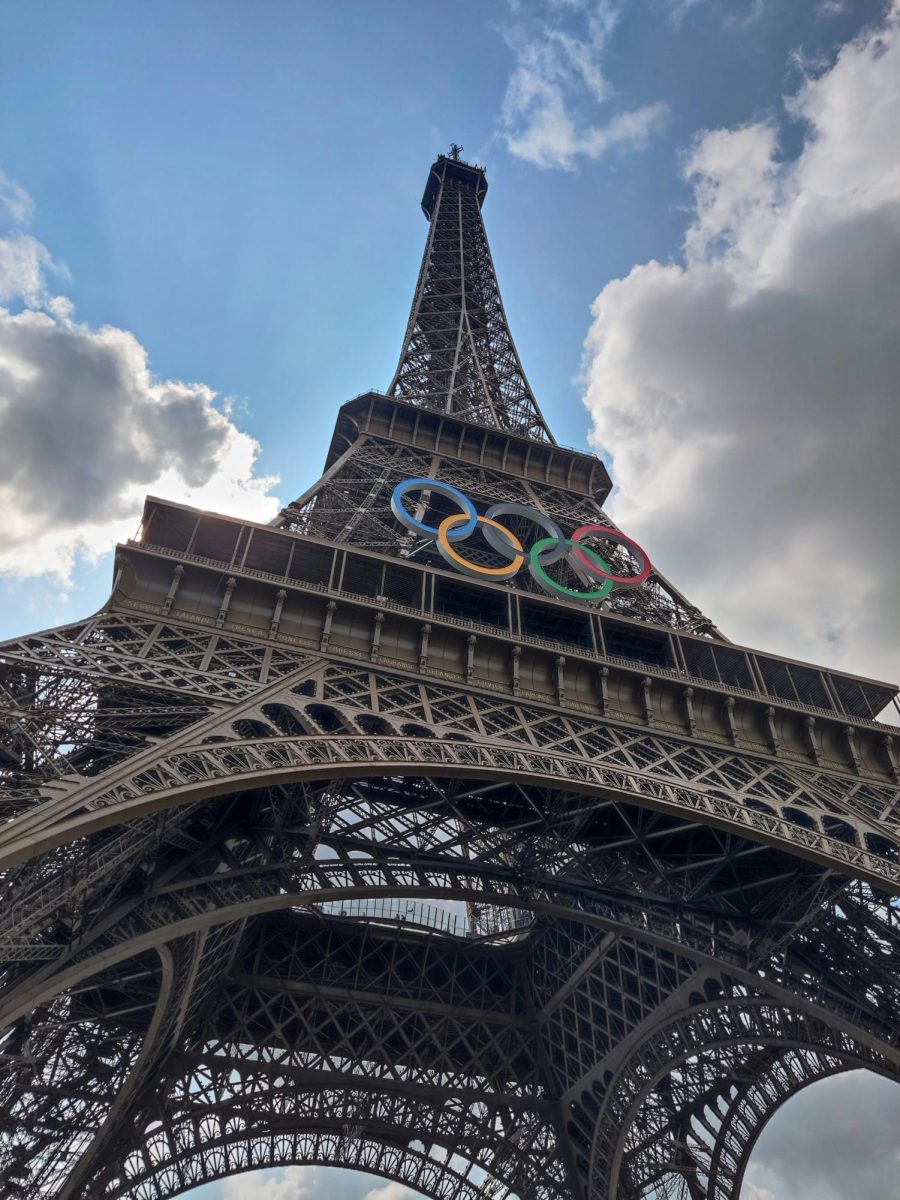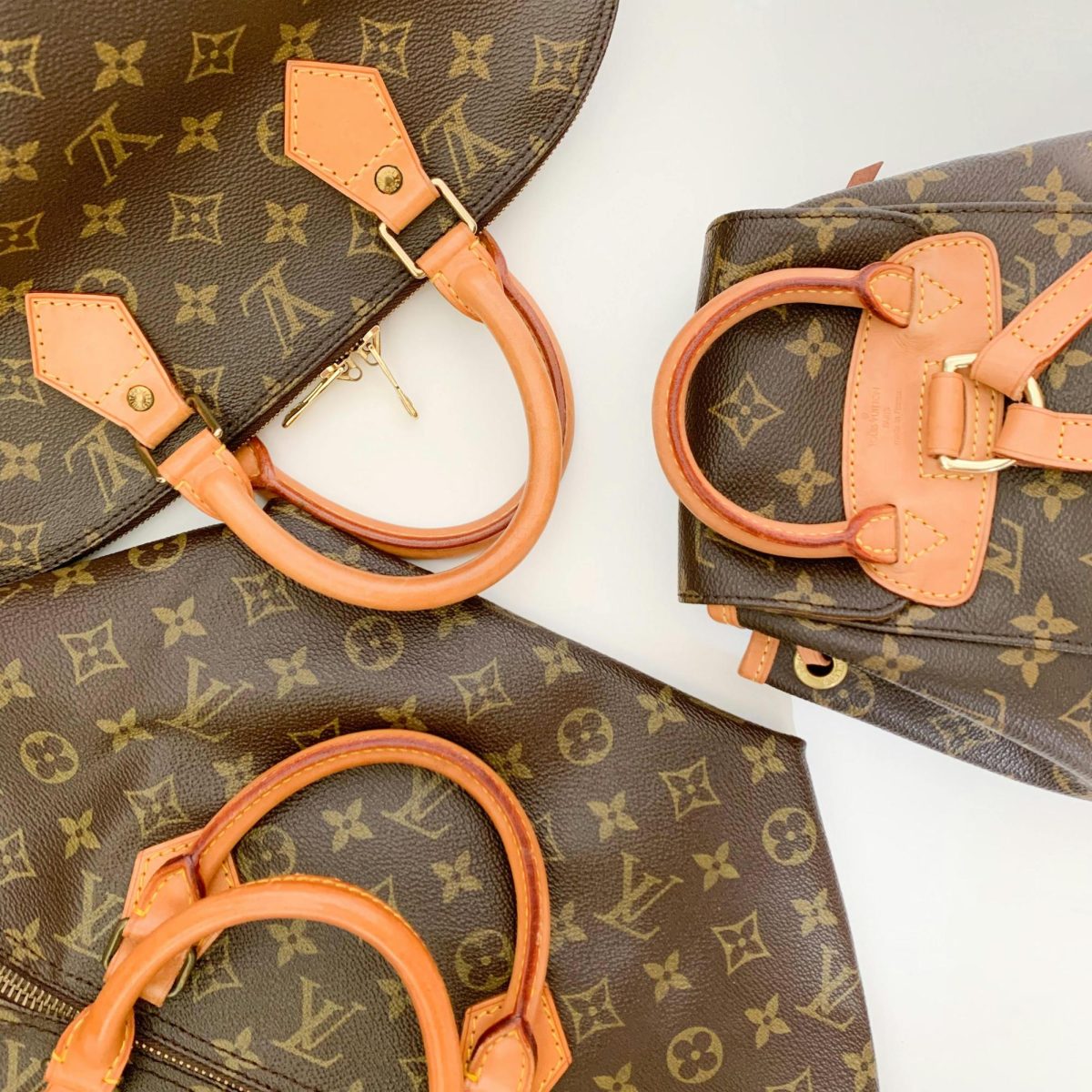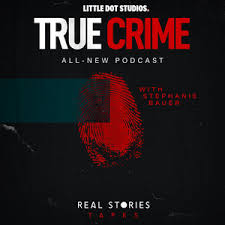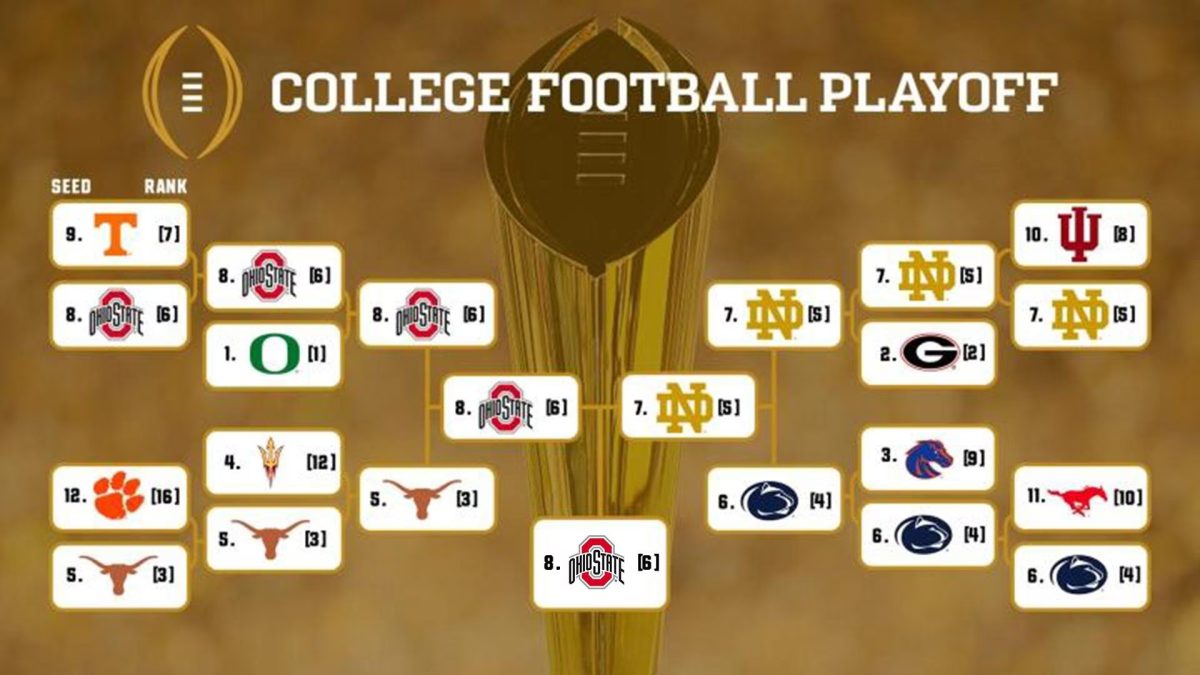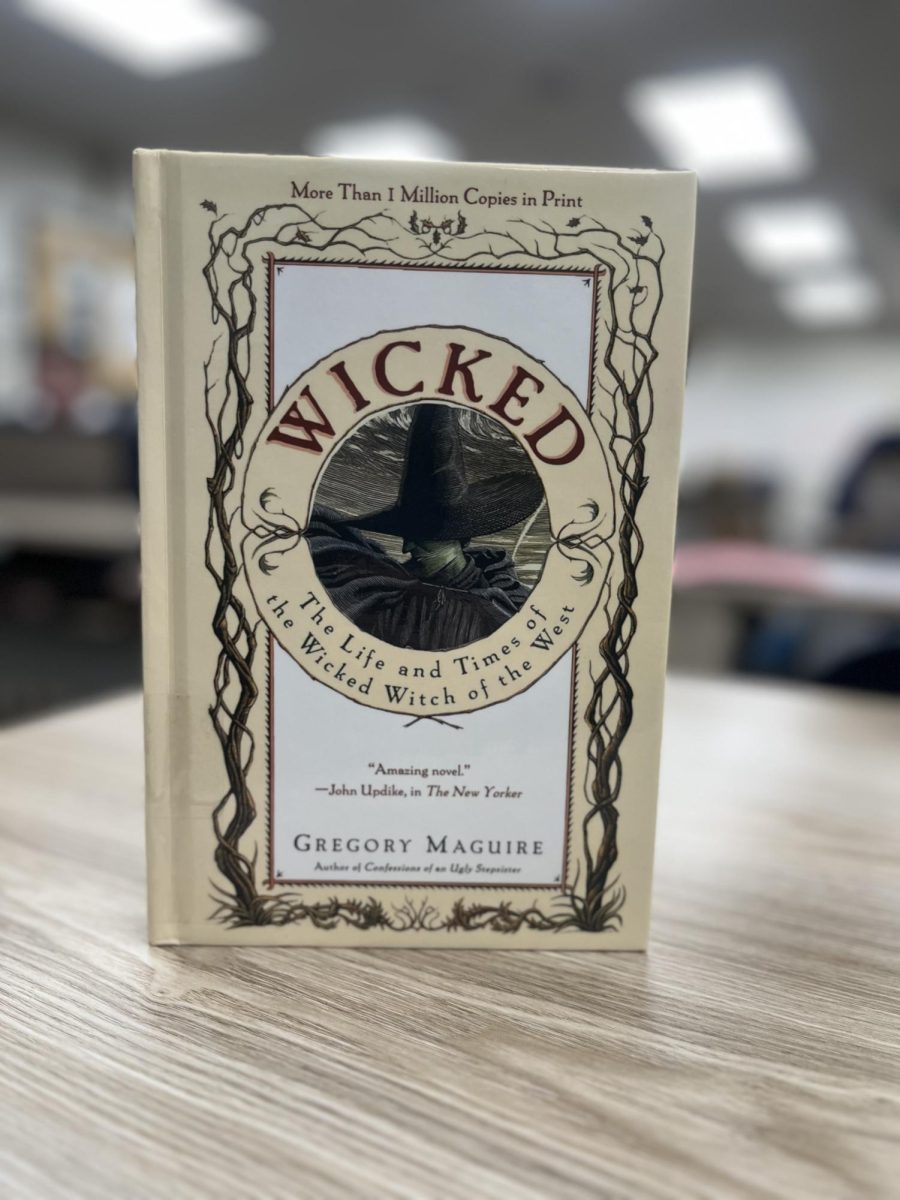In a move that no one saw coming– probably because they couldn’t believe what they were watching– Olympic breaking made its debut at the Paris 2024 games, leaving us all wondering: what in the world could have gone so horribly wrong? The historic event that was supposed to be a moment of glory for the sport quickly became an international disaster.
Let’s talk about Australia’s viral sensation, “Raygun.” Out of 27.7 million Australians, it was Raygun who captured the world’s attention– for all the wrong reasons. Her score of 54-0 made headlines not for her groundbreaking moves, but for what some perceived as a gravity-defying lack of talent. Among her most memorable tricks was a kangaroo-inspired jump that had viewers wondering if she was competing in the wrong sport altogether.
“I represent art,” Raygun said, reminding us that art is, indeed, subjective (and alluding to the debate over whether ‘art’ should be in the Olympics at all). Competing among 16 other women, Raygun failed to make it out of the group base.
“I was never going to beat these girls on what they do best, the dynamic and the power moves, so I wanted to move differently, be artistic and creative because how many chances do you get in a lifetime to do that on an international stage?”
Meanwhile, the medalists—Ami, Nicka, and 671—demonstrated what were considered significantly more successful performances. But the real drama didn’t end there.
Silver medalist Nicka from Lithuania sparked accusations of cultural appropriation after donning a durag during her routine. Critics pointed out that the durag, a piece of headwear with deep roots in Black history, might not be appropriate for non-Black athletes to sport on an Olympic stage.
Hip-hop, born out of the struggles of Black and brown youth in the Bronx, was a way to make a statement of empowerment when they were labeled as lost, lawless kids by New York politicians. It was never meant to be a trend for the privileged, and many in the Black community believed the Olympics failed to represent this aspect of their culture.
While she did not comment on the controversy directly, Nicka credits the 1970s Bronx breakers who pioneered the style for her success.
So, what’s the verdict? Is Olympic breaking an authentic reflection of breaking culture? Or did it just fall flat on its headspin? One thing’s for sure: breaking won’t be making a return appearance in the 2028 Los Angeles Olympics.
Until then, let’s remember that while we’re all busy laughing at Raygun’s kangaroo jumps, there’s a real person behind those moves. And no one, (not even the world’s worst breakdancer, whoever they may be), deserves to be torn apart by the internet mob.

